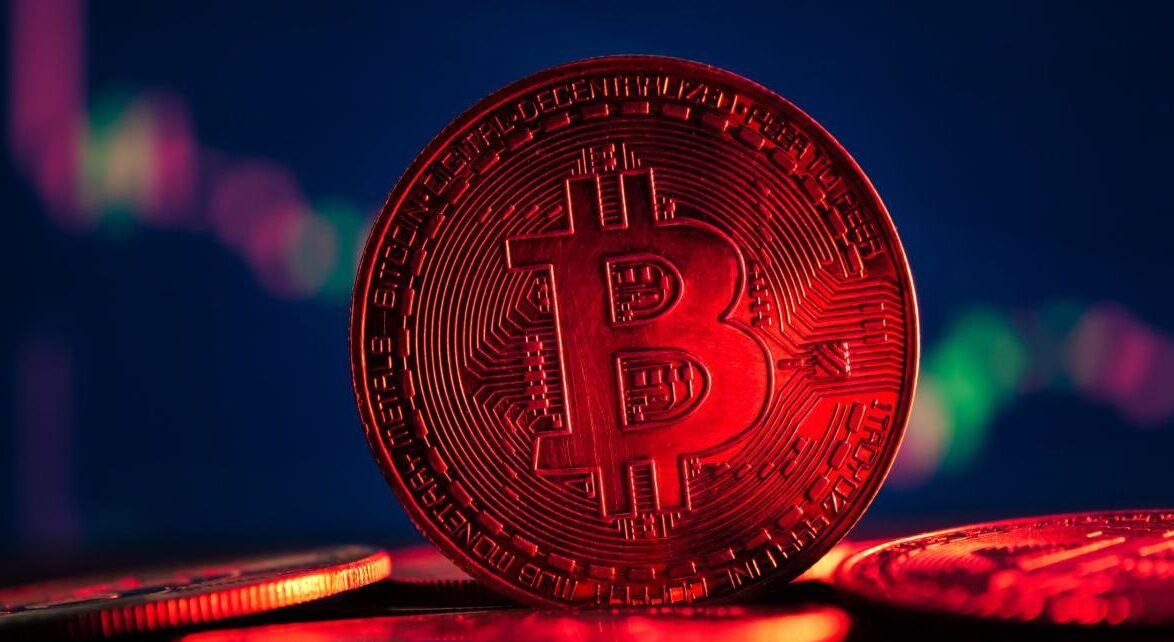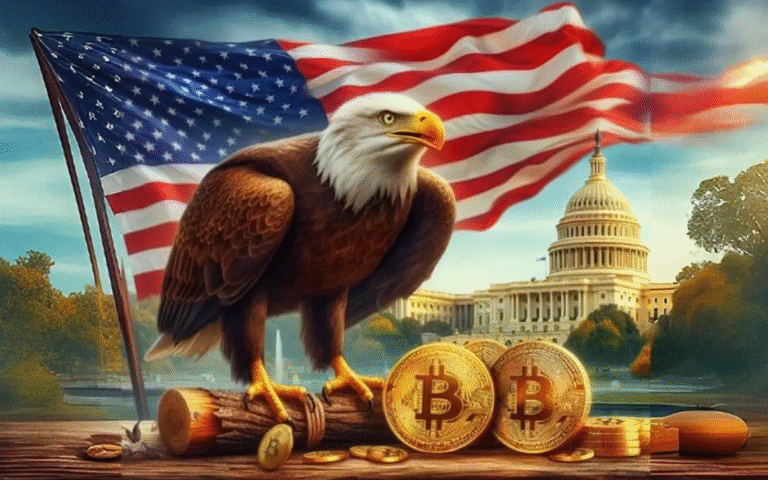Once seemingly unstoppable in the heartlands of America, Donald Trump’s MAGA movement is under subtle influence. Bitcoin is a technical and financial phenomenon rather than a political catchphrase or rallying cry. Once dismissed as a fringe curiosity, digital money is already shaking conservative America’s underpinnings. Why is Bitcoin causing a stir in Trump’s MAGA country, and what does it mean for politics and business?
Bitcoin’s Rise in MAGA Country
Bitcoin was created by Satoshi Nakamoto in 2009 and has grown into a global financial powerhouse. New York, San Francisco, and Miami have long been Bitcoin hotspots. Still, rural and small-town America, notably in the Midwest, Appalachia, and parts of the South, is seeing a spike in interest.
This change is noteworthy. Millions of people who drove Trump’s ascent in 2016 and 2020 call these areas home. Historically, these people have backed conservative social values, manufacturing revival plans, and mistrust of globalisation and big technology. The growing popularity of Bitcoin here creates an irony. On one side, it fits libertarian ideas of financial freedom and mistrust of centralised government control—an intellectual cousin to many MAGA ideas. Conversely, the MAGA movement stresses traditionalism and economic nationalism, while Bitcoin is associated with innovation, digital money, and a cosmopolitan, tech-savvy future.
Bitcoin as the MAGA Hedge
The MAGA heartlands have seen decades of financial turmoil. Many people feel abandoned by the system as declining sectors, job losses in manufacturing and coal, and stagnant incomes show. This economic disappointment provides rich ground for ideas like Bitcoin, which offers financial autonomy and an inflation hedge.
The distributed character of Bitcoin appeals to those opposed to government meddling and Federal Reserve policy. Many MAGA supporters mistrust fiat currencies under control by “the elites,” and worry about inflation destroying their wealth. With a finite quantity of 21 million coins, Bitcoin appeals as a store of value—a digital gold unable to be printed unlimitedly.

After all, the development of mobile wallets and financial technology applications makes Bitcoin more easily available than ever. Traditionally underserved by banks, people in small towns and rural areas are finding peer-to-peer finance systems free from intermediaries. For those who feel alienated by the conventional financial system, which usually ignores their demands, this might empower them.
Bitcoin & the MAGA Identity Crisis
The distribution of Bitcoin in MAGA areas has political and cultural ramifications and is an economic phenomenon. Many view Bitcoin as a means of escaping from a system they believe to be rigged against them, reflecting the populist rhetoric defining Trump’s political attraction. The technology stands for independence, uniqueness, and opposition to centralised authority.
However, others inside the MAGA movement have been concerned about this mounting excitement over cryptocurrencies. Bitcoin’s connection to Silicon Valley, tech entrepreneurs, and even progressive libertarians questions the MAGA narrative that sometimes presents technology businesses as part of a liberal elite.
Moreover, Bitcoin’s secrecy and transnational character beg questions regarding governmental control. Some MAGA officials and conservative legislators doubt the use of cryptocurrency for illegal purposes such as tax avoidance and money laundering. These worries help explain the complicated connection between Bitcoin supporters and the political establishment in different countries.
Bitcoin Moves Beyond Tech Hubs
Well-known people have greatly shaped the Bitcoin debate inside MAGA strongholds. Resonating with viewers beyond national boundaries, entrepreneurs such as Michael Saylor and eminent libertarian intellectuals have argued that Bitcoin is a vehicle for financial freedom.
Reflecting a sophisticated knowledge of the technology’s possibilities, several Republican legislators have started investigating laws sympathetic to cryptocurrencies on the political front. Conferences on Bitcoin in Texas and Ohio have drawn people from conservative groups, underscoring digital currencies’ rising popularity outside conventional tech centres.
Local projects aiming to integrate Bitcoin payments into companies and public services also help to integrate Bitcoin into daily life. For instance, cities like Miami have made news for adopting Bitcoin, encouraging tiny communities to consider such actions.
Bitcoin’s Red State Dilemma
Notwithstanding the excitement, MAGA heartland adoption of Bitcoin has challenges. Limited internet access in rural places, lack of financial awareness, and political opposition from conventional institutions delay general acceptance. Furthermore, Bitcoin’s erratic pricing casts doubt on its fit as a stable currency. This unpredictability can be a hurdle for communities dependent on consistent earnings and sensible financial planning. Still, the general direction is for Bitcoin and other cryptocurrencies to thrive in these societies. Younger generations in rural America who acquire digital skills and financial awareness might propel more adoption, changing political views and economic paradigms over time.

